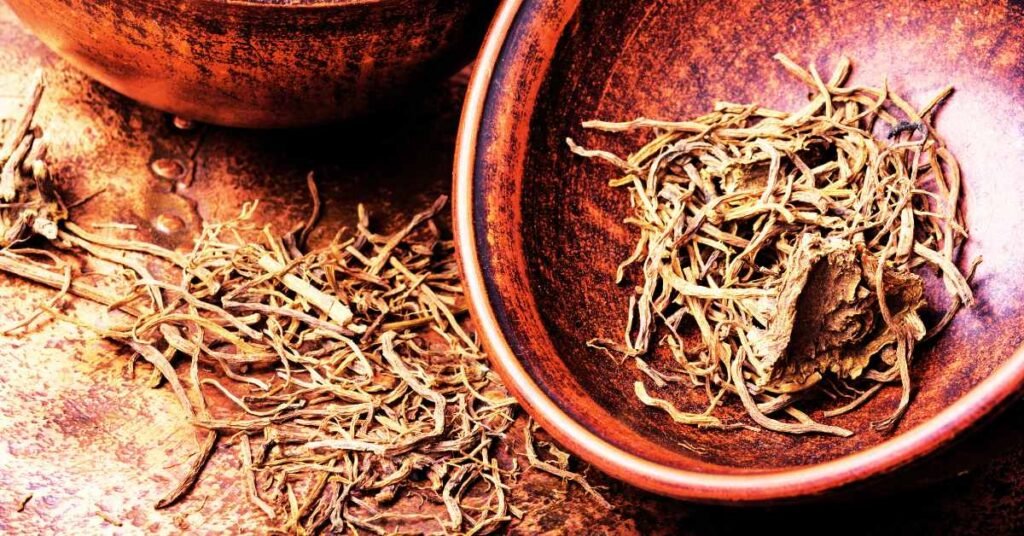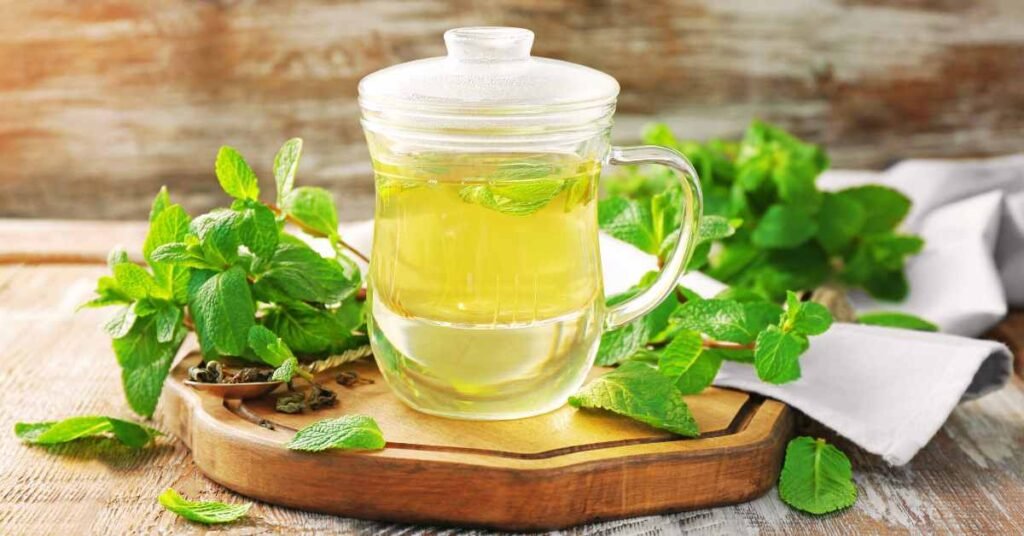Cocaine addiction is a serious issue affecting millions of individuals worldwide.
Withdrawal from cocaine can be challenging, often leading to various physical and psychological symptoms.
While medical interventions and therapy are crucial components of addiction treatment, herbal remedies and teas can complement these approaches by alleviating withdrawal symptoms and supporting recovery.
In this article, we will explore several herbs and teas with scientific evidence supporting their efficacy in managing cocaine withdrawal symptoms, including valerian, chamomile and other herbal teas.
Understanding Cocaine Withdrawal Symptoms

Before delving into herbal remedies, it’s essential to understand the typical withdrawal symptoms associated with cocaine addiction.
These symptoms can vary in intensity and duration but often include:
- Intense cravings for cocaine
- Fatigue and lethargy
- Depression and anxiety
- Irritability and mood swings
- Disturbed sleep patterns
- Increased appetite
- Difficulty concentrating
- Physical discomfort such as muscle aches and tremors
Managing these symptoms effectively is crucial for individuals undergoing cocaine withdrawal to prevent relapse and facilitate a smoother recovery process.
Herbal Remedies for Cocaine Withdrawal
Valerian (Valeriana officinalis)
Valerian is another herbal remedy renowned for its sedative and calming properties. It has been used for centuries to treat insomnia, anxiety, and nervousness.
Valerian contains compounds such as valerenic acid, which interact with the brain’s GABA receptors, leading to a tranquilizing effect.
Several studies have explored the effectiveness of valerian in improving sleep quality and reducing anxiety.
A meta-analysis published in the “American Journal of Medicine” reviewed multiple clinical trials and concluded that valerian supplementation significantly improved sleep quality and reduced insomnia symptoms.

During cocaine withdrawal, insomnia and anxiety are common challenges. Valerian can be a valuable herbal remedy to promote restful sleep and reduce anxiety levels, supporting the overall well-being of individuals in recovery.
Chamomile Tea (Matricaria chamomilla)
Chamomile tea is a popular herbal beverage known for its calming and soothing properties. It contains flavonoids, terpenoids, and other compounds that contribute to its anti-anxiety and sedative effects.
Chamomile tea is often used to promote relaxation, alleviate stress, and improve sleep quality.
Research has shown that chamomile tea consumption is associated with reduced anxiety symptoms.
A study published in the “Journal of Clinical Psychopharmacology” found that chamomile extract significantly reduced anxiety levels in participants compared to a placebo group.
In the context of cocaine withdrawal, chamomile tea can be a comforting and beneficial beverage.
It can help reduce anxiety, promote relaxation, and support better sleep, all of which are essential for individuals navigating the challenges of withdrawal.
Lemon Balm Tea (Melissa officinalis)
Lemon balm is a herbaceous plant known for its calming and mood-enhancing properties. It contains compounds like rosmarinic acid and flavonoids that have antioxidant and anti-anxiety effects.
Lemon balm tea is often used to reduce stress, improve mood, and promote relaxation.
Several studies have investigated the effects of lemon balm on mood and anxiety.
A randomized controlled trial published in the “Journal of Neurology, Neurosurgery & Psychiatry” demonstrated that lemon balm extract reduced anxiety and improved mood in participants.

For individuals experiencing anxiety and mood disturbances during cocaine withdrawal, lemon balm tea can be a valuable addition to their herbal regimen.
Its calming effects can help mitigate psychological symptoms and enhance overall well-being.
Peppermint Tea (Mentha piperita)
Peppermint tea is known for its refreshing taste and various health benefits. It contains menthol, a compound that has analgesic and muscle-relaxant properties.
Peppermint tea is often used to relieve headaches, muscle tension, and digestive discomfort.
During cocaine withdrawal, individuals may experience physical symptoms such as muscle aches and tension.
Peppermint tea can help alleviate these discomforts, providing relief and promoting relaxation.
Additionally, its invigorating aroma can have a positive impact on mood and mental clarity.
Scientific studies specifically linking peppermint tea to cocaine withdrawal are limited.
However, its well-documented analgesic and muscle-relaxant effects make it a practical choice for managing physical symptoms associated with withdrawal.
Final Word

Herbal remedies and teas can play a valuable role in managing cocaine withdrawal symptoms and supporting recovery.
Valerian, chamomile tea, lemon balm tea, and peppermint tea are among the herbal options with scientific evidence supporting their efficacy in alleviating anxiety, promoting relaxation, improving sleep quality, and reducing physical discomfort.
It’s essential for individuals undergoing cocaine withdrawal to consult with healthcare professionals and integrate herbal remedies into a comprehensive treatment plan that includes medical supervision, therapy, and lifestyle changes conducive to recovery.
MEDICAL DISCLAIMER
Itsnevernotteatime.com cannot and does not contain medical/health advice. The medical/health information is provided for general and educational purposes only and is not a substitute for professional advice.




